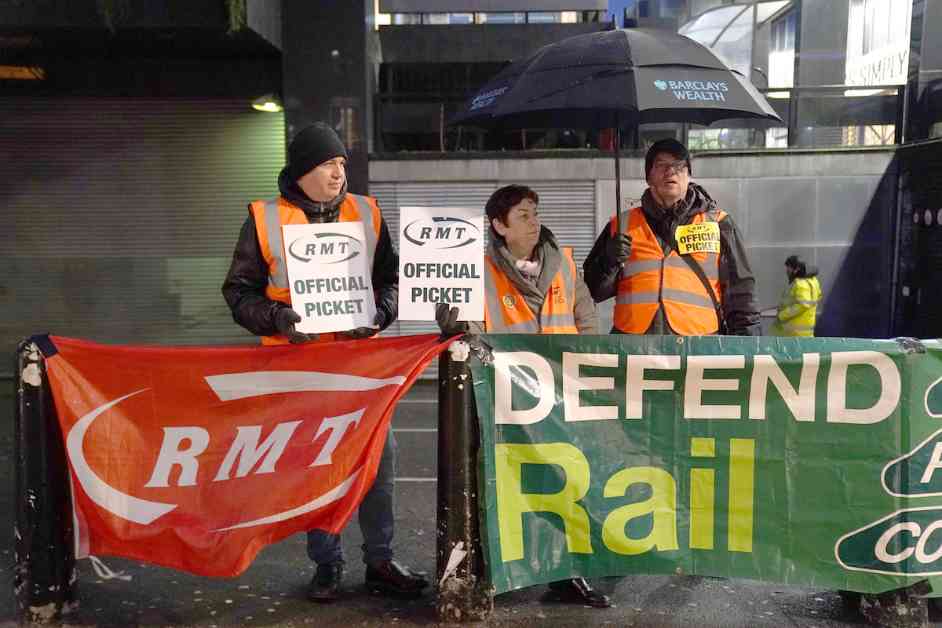The government has confirmed its decision to scrap minimum service levels during strikes. This means that in the future, there will be no requirement for public transportation services to operate at a minimum level during strikes.
This decision has sparked controversy, with some arguing that it will give unions too much power and make it difficult for people to get to work during strikes. However, the government has defended its decision, stating that it is important to protect workers’ right to strike.
The decision to scrap minimum service levels comes after a series of strikes in the public transportation sector. The government believes that this move will help to prevent future strikes and ensure that workers’ rights are protected.
Critics of the decision have raised concerns about the impact it will have on the economy. They argue that without minimum service levels, strikes could disrupt essential services and cause chaos for commuters.
Overall, the decision to scrap minimum service levels in strikes is a controversial one. It remains to be seen how this will impact future strikes and the rights of workers.












